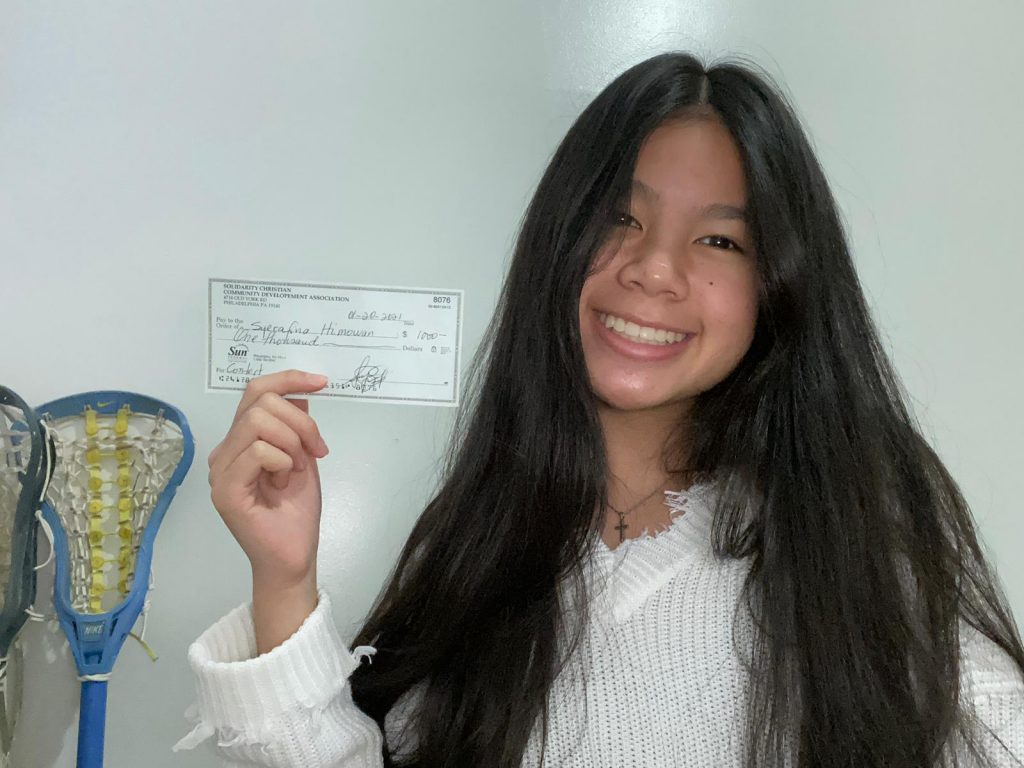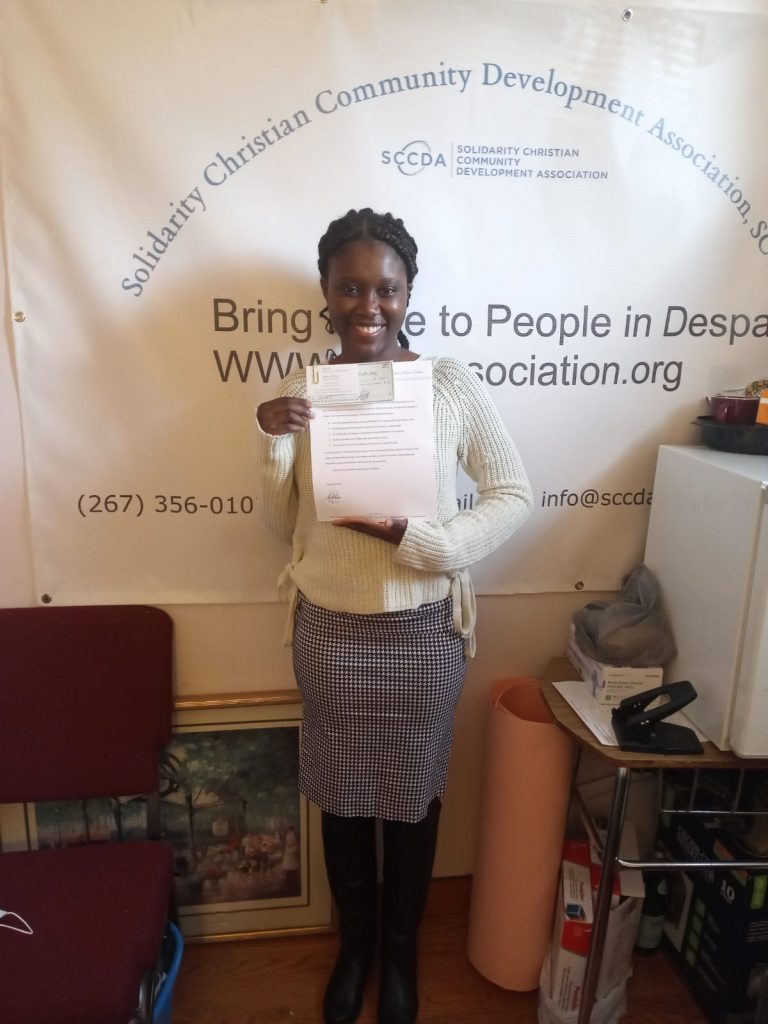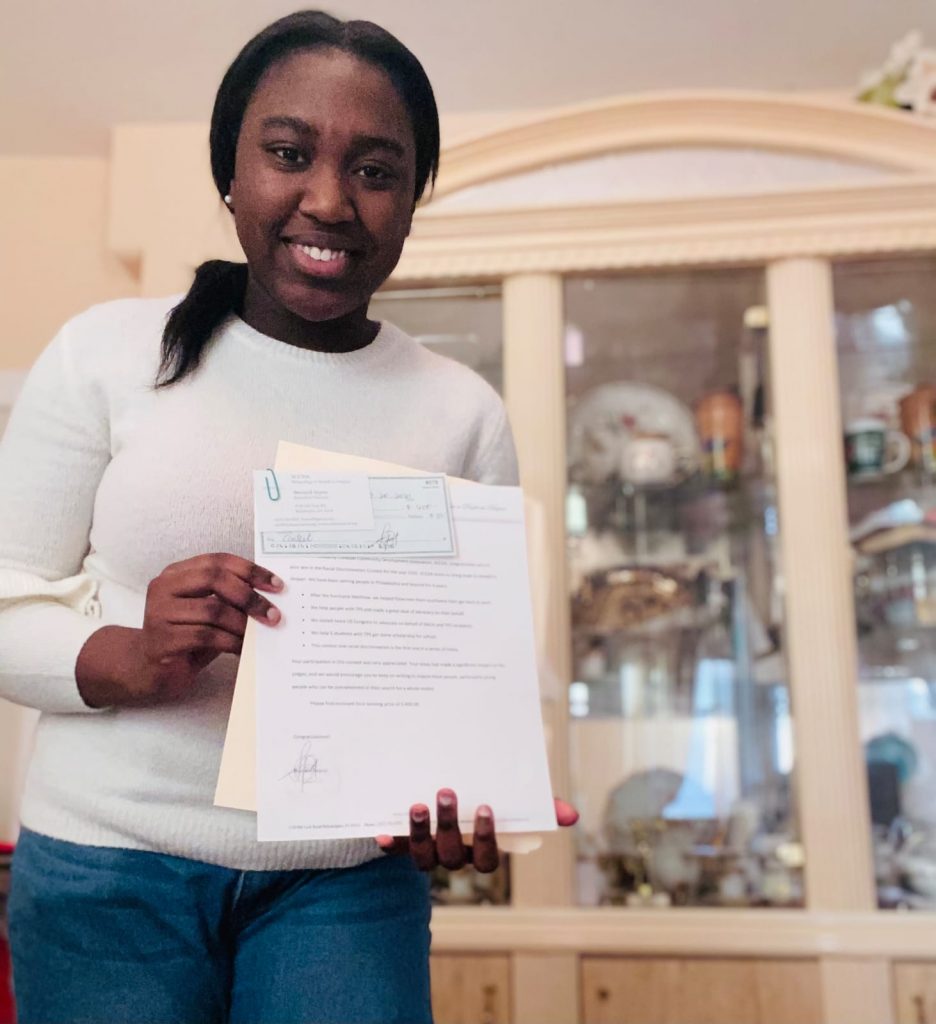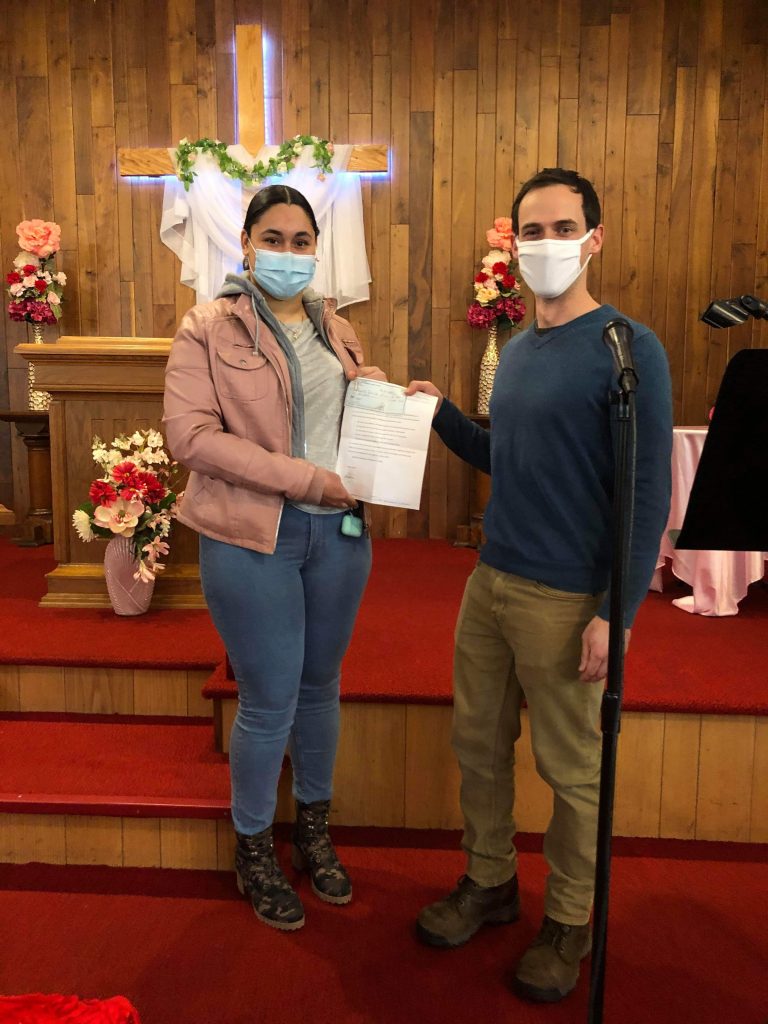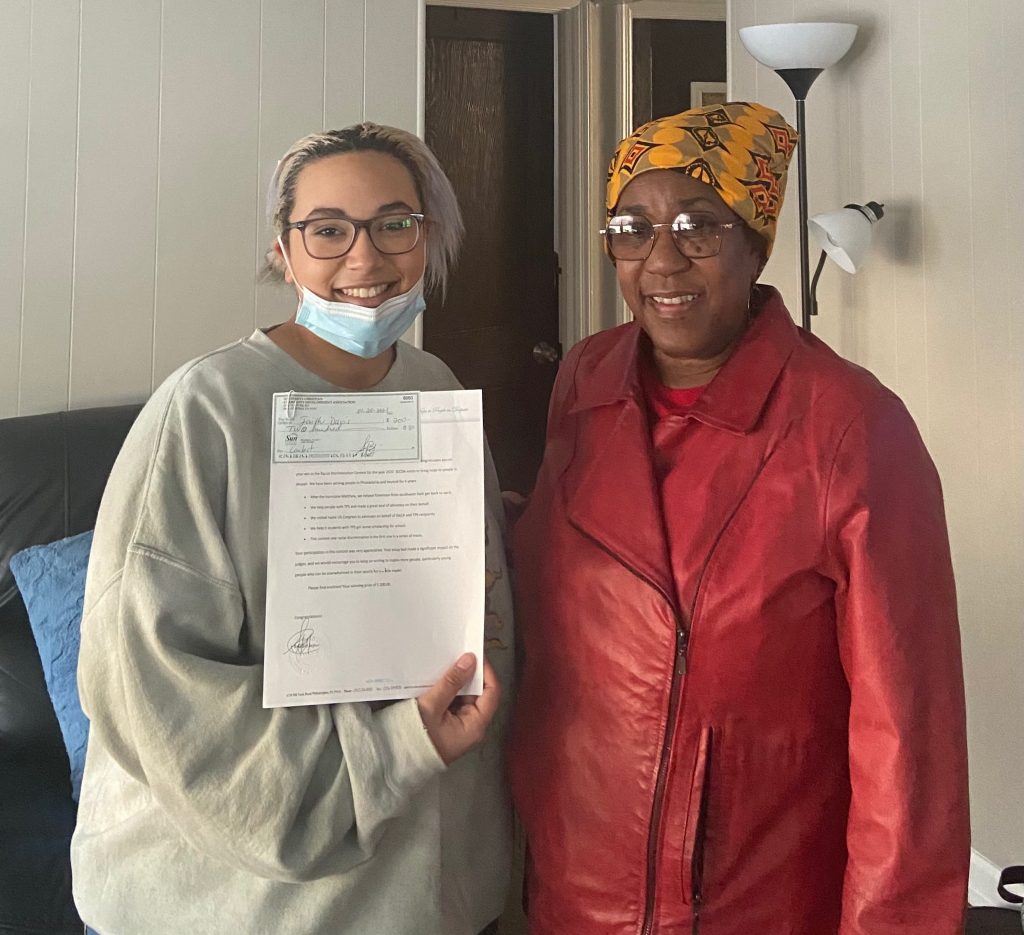Having 20/20 vision is the best vision someone may have. But during 2020, people around the world had seen so much that they began to question their clear vision: brutality, negligence, discrimination, xenophobia, division, children in cages, and the killing of black men on video. We also witnessed beautiful scenes of whites and Blacks marching together, chanting “Black Lives Matter.” That was very hopeful for many.
My 11 year-old son disagreed with the slogan, “Black Lives Matter,” asking me, “If people think it’s only Black lives that matter, what about the lives of your white friends, Daddy?” That interrogation triggered my thinking process. I gathered my friends from Solidarity Christian Community Development Association (SCCDA) to brainstorm around my son’s question.
SCCDA is a not-for-profit organization that exists to bring hope to people in despair through advocacy, immigration support, scholarships, and direct assistance. In our work, we discover a virus more dreadful than COVID-19. It is hate, discrimination, xenophobia, and bias. No one is exempt. Love is proven to be the only antidote. Yet, love can be a long process.

In partnership with Mosaic Conference, SCCDA organized a Racial Discrimination Essay Contest, with cash prizes, to offer young people across the Conference a platform to freely express their experiences with racial discrimination in a safe environment. There were submissions from the Asian community, the Black community, and the Hispanic community. One bi-racial person shared her experiences of racial discrimination.
The judges were electrified by the content, courage, and resiliency of the essayists. Brilliantly the young people shared their experiences with racial discrimination in a way that elevated the spirit of the judges and made their choices difficult. The participants wrote maturely of how they see themselves in light of the attacks directed toward them because of their origin, language, and skin colors. They are also observing who will support them and whom to trust.
The winners of the Racial Discrimination Contest are:
- 1st place ($1,000 prize): Syerafina Himawan from Philadelphia Praise Center
- 2nd place ($600 prize): Lisa Noel from Haitian New Testament Church (Philadelphia, PA)
- 3rd place ($400 prize): Victoria Noel from First Haitian Baptist Church (Philadelphia, PA)
- 4th place ($200 prize): Chanelle Zorilla Arias from Centro de Alabanza (Philadelphia, PA)
- 5th Place ($200 prize): Faith Davis from Nueva Vida Norristown (PA) New Life
The judges were ChiChi Oguekwe, MCC Program Coordinator of Philadelphia, Professor Jill Petty from Chicago, IL, Karen Lyon, a retired teacher from Doylestown, PA and Pastor Bernard Sejour.
Our takeaway from the contest was clear: Our young people are silently facing racism in schools. They are being influenced by peers; they are so afraid of being different that they accept stereotypes and bullies as if they were normal. Sometimes they can be ashamed of their own heritage in order to embrace the one of the majority. This identity crisis is very present among adolescent immigrants. We hope to continue this contest and these crucial conversations.
SCCDA believes that it is about time for the church to really represent the historical Jesus. In Him we find the Loving Father, the Compassionate Savior, and the Kind Comforter. We have a hard time understanding the white Jesus that many churches are offering. We are not sure he understands the outsiders’ accents. Should we still sing together in harmony the song that is entitled “Strangers No More?”
Read the Powerful First Place Essay:
“That year was the first time I participated in International Day; I wore my batik clothes for the first time in years. After suppressing my cultural identity for years and idolizing the need to become like my friends, I started to become more proud of being Indonesian.”
– Syerafina Himawan
The opinions expressed in articles posted on Mosaic’s website are those of the author and may not reflect the official policy of Mosaic Conference. Mosaic is a large conference, crossing ethnicities, geographies, generations, theologies, and politics. Each person can only speak for themselves; no one can represent “the conference.” May God give us the grace to hear what the Spirit is speaking to us through people with whom we disagree and the humility and courage to love one another even when those disagreements can’t be bridged.

